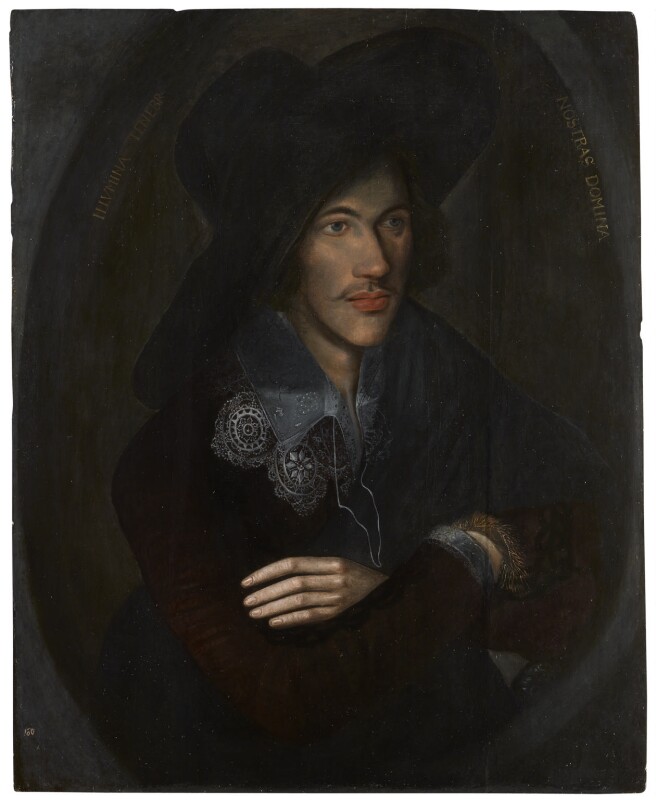Cita inicial en la novela Por quién doblan las campanas, de Ernest Hemingway.[Sin fuentes]
Original: «... No man is an island, entire of itself; every man is a piece of the continent, a part of the main. If a clod be washed away by the sea, Europe is the less, as well as if a promontory were, as well as if a manor of thy friend's or of thine own were: any man's death diminishes me, because I am involved in mankind, and therefore never send to know for whom the bells tolls; it tolls for thee...».
Variante: Nadie es una isla, completo en sí mismo; cada hombre es un pedazo de continente, una parte de la tierra.; si el mar se lleva una porción de tierra, toda Europa queda disminuida, como si fuera un promontorio, o la casa de uno de tus amigos, o la tuya propia. La muerte de cualquier hombre me disminuye porque estoy ligado a la humanidad; por consiguiente nunca hagas preguntar por quién doblan las campanas: doblan por ti.
Fuente: XVII. Meditation. Nunc lento sonitu dicunt, morieris. «Now, this bell tolling softly for another, says to me: Thou must die.»
Fuente: [Donne], John (en inglés). Devotions upon Emergent Occasions.... Ann Arbor Paperbacks/The University of Michigan Press, 1959. http://www.gutenberg.org/files/23772/23772-h/23772-h.htm Project Gutenberg eBook. Consultado el 15 de septiembre de 2019.
Frases célebres de John Donne
Howl's Moving Castle
Fuente: El escritor y sus fantasmas.[referencia no válida o incompleta]
John Donne: Frases en inglés
“Poor intricated soul! Riddling, perplexed, labyrinthical soul!”
No. 48, preached upon the Day of St. Paul's Conversion, January 25, 1629
LXXX Sermons (1640)
No. 76 http://books.google.com/books?id=eypXAAAAYAAJ&q=%22When+God's+hand+is+bent+to+strike+it+is+a+fearful+thing+to+fall+into+the+hands+of+the+living+God+but+to+fall+out+of+the+hands+of+the+living+God+is+a+horror+beyond+our+expression+beyond+our+imagination%22&pg=PA386#v=onepage, preached at Sion to The Earl of Carlisle and company (c. 1622)
LXXX Sermons (1640)
“The heavens rejoice in motion, why should I
Abjure my so much loved variety.”
No. 17, Variety, line 1
Elegies
A Nocturnal upon St. Lucy's Day, stanza 2
VI. Metuit. The physician is afraid
Devotions Upon Emergent Occasions (1624)
“And what is so intricate, so entangling as death? Who ever got out of a winding sheet?”
No. 54, preached to the King at Whitehall, April 5, 1628
LXXX Sermons (1640)
No. 19, To His Mistress Going to Bed, line 33
Elegies
XXVI Sermons, No. 26, Death's Duel, last sermon, February 15, 1631
No. 76, preached to the Earl of Carlisle, c. autumn 1622
LXXX Sermons (1640)
An Anatomy of the World, The First Anniversary
“O my America! my new-found land.”
No. 19, To His Mistress Going to Bed, line 27
Elegies
The Anniversary, stanza 1
VI. Metuit. The physician is afraid
Devotions Upon Emergent Occasions (1624)
No. 18, Love's Progress, line 1
Elegies
Of the Progress of the Soul, The Second Anniversary
I. Insultus Morbi Primus; The first alteration, the first grudging of the sickness.
Devotions Upon Emergent Occasions (1624)
II. Actio Læsa; The strength, and the functions of the senses, and other faculties change and fail.
Devotions Upon Emergent Occasions (1624)
